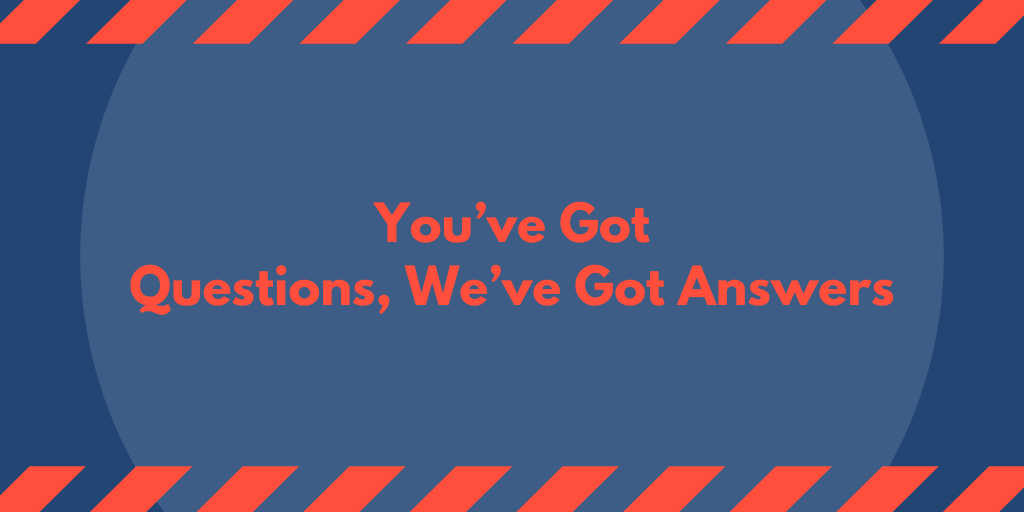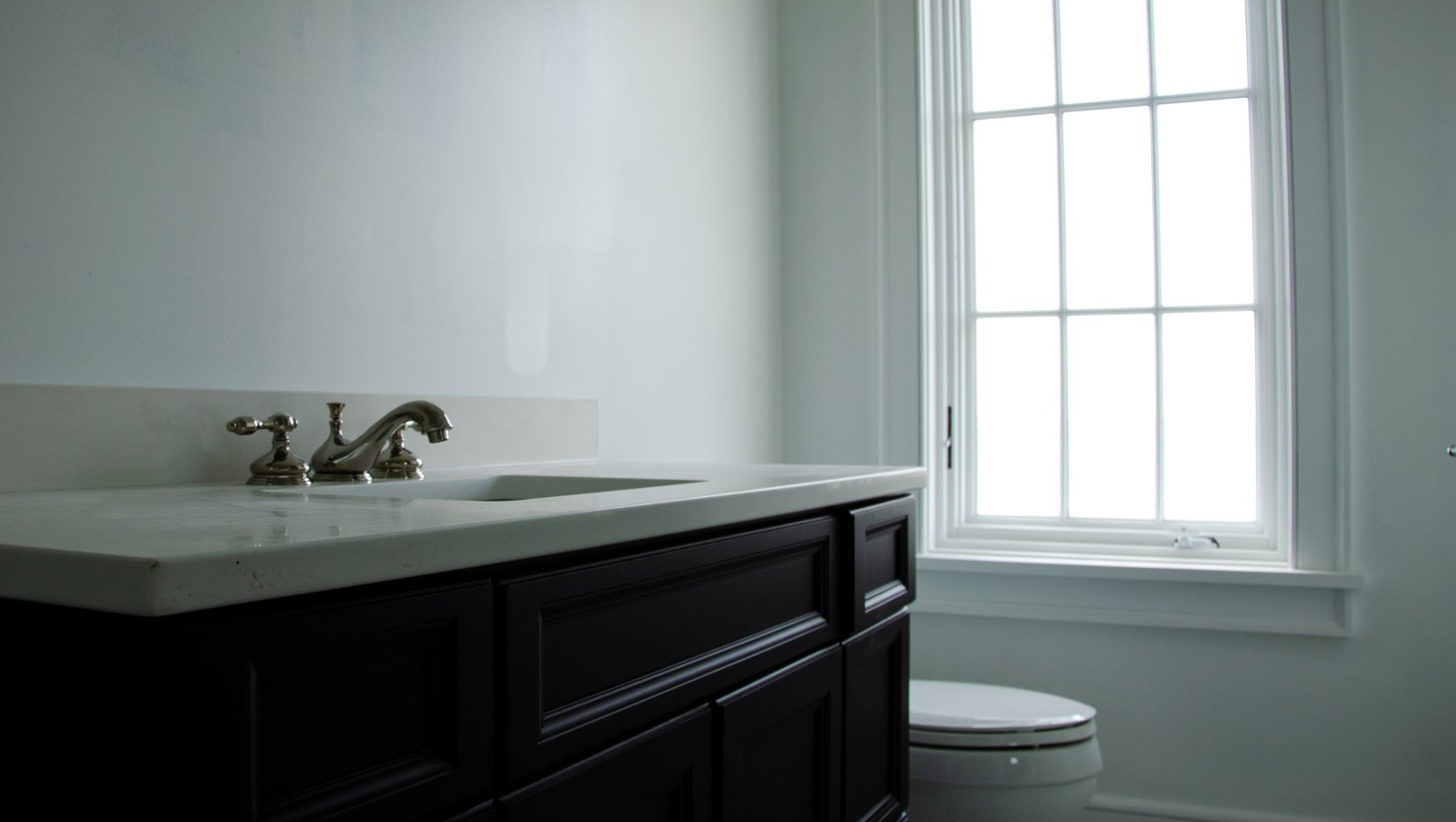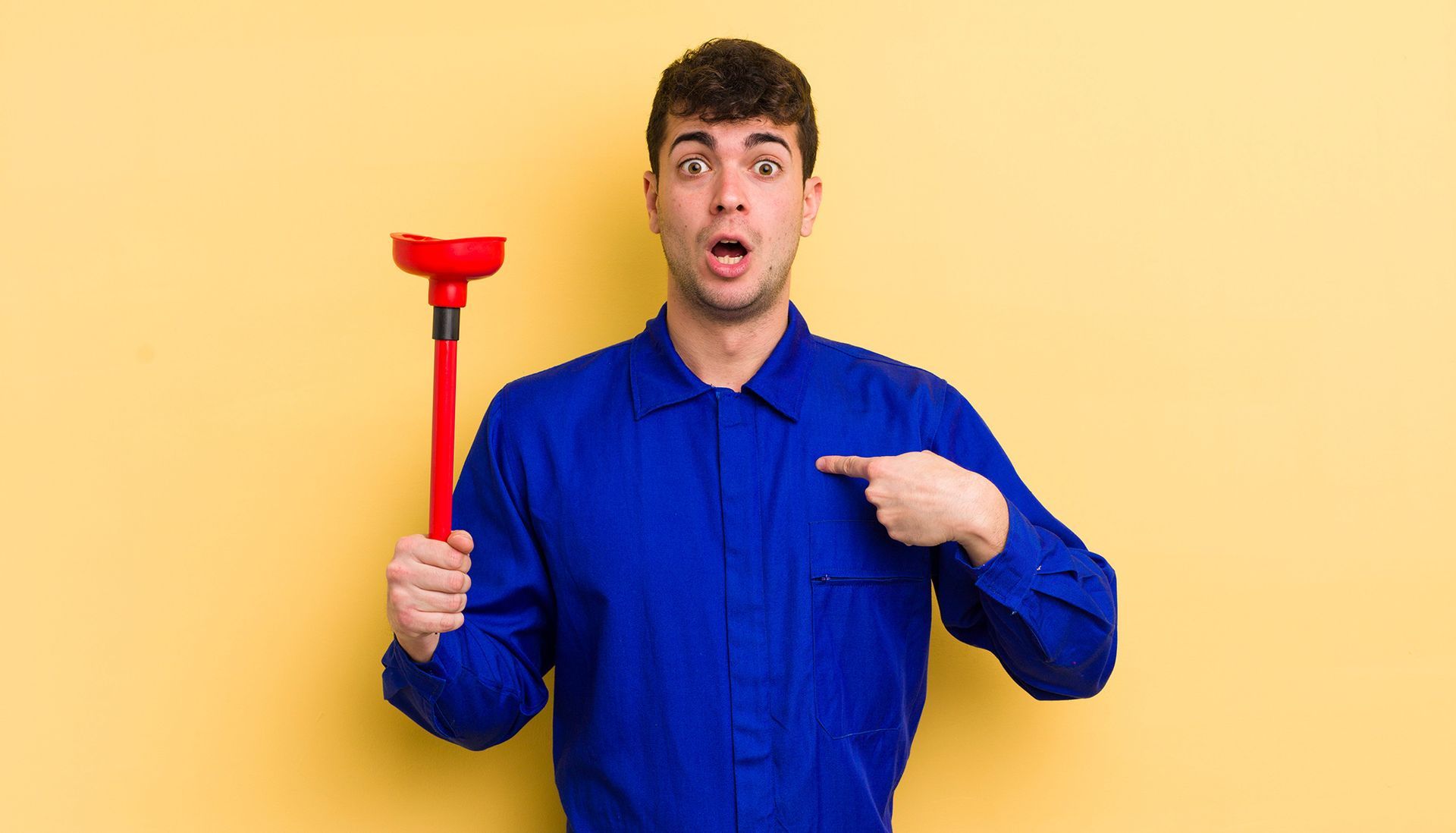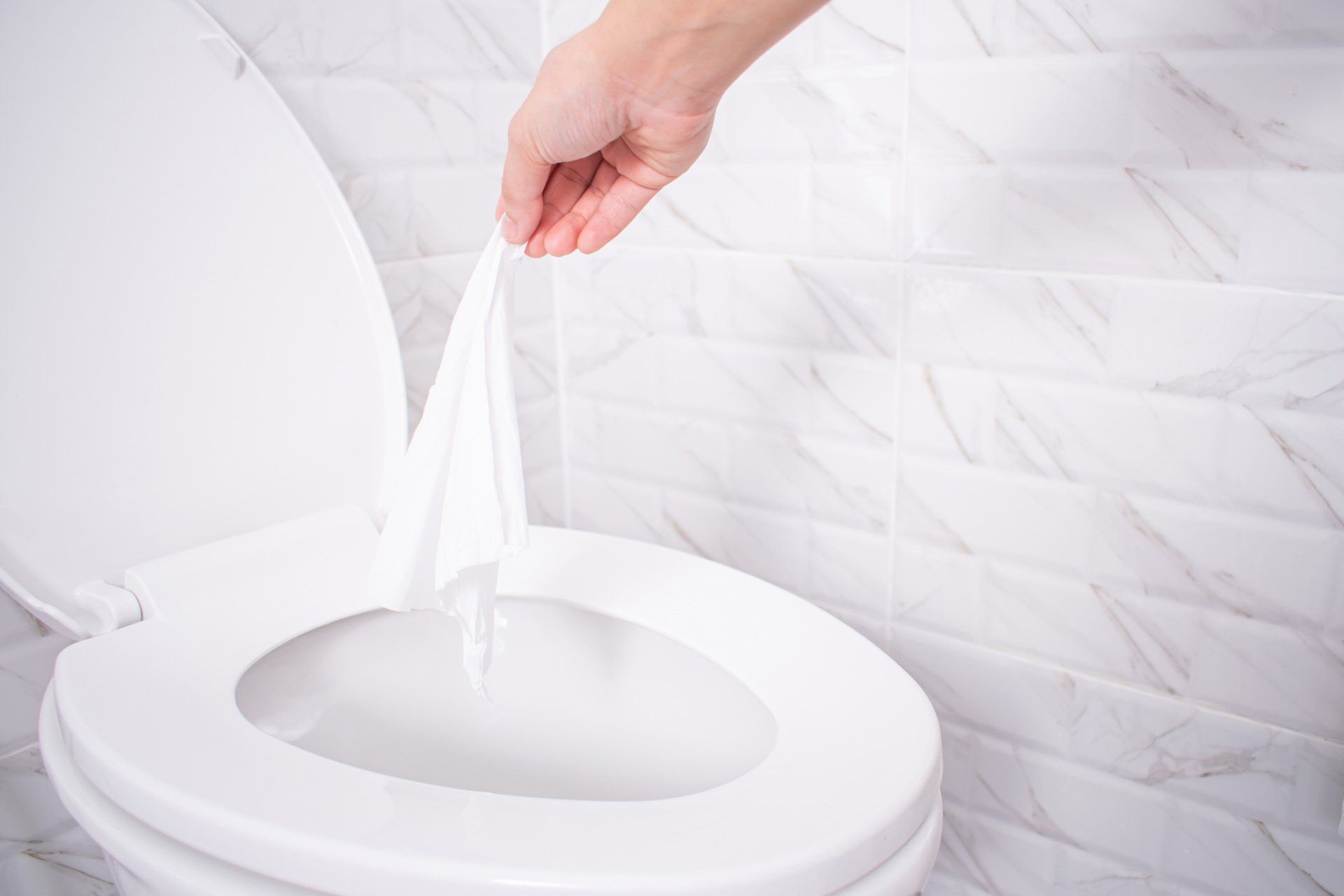You’ve Got Questions, We’ve Got Answers
August 13, 2020
Answers For Your Plumbing Questions

We’ve been in the plumbing game for a long time. In all of those years, we’ve encountered almost everything you can think of. At least until we see something new. Still, there are some common questions we always get and we thought it would be a good chance to give you some answers to these. You’ve got questions, we’ve got answers, and here they are.
What do I do if my toilet won’t flush?
Most of the time you should be able to solve this problem with a plunger or a bucket of hot water. The most common reason for this is clogs in the plumbing. But there is one other thing to check. Take a look inside the tank and look at your water level as well as the flapper and chain to make sure they are working well.
Why does my drain clog?
There are a lot of things that can clog your drain. Hair, oils, soap reside, and a number of other culprits can be behind your drain problems. This is why it’s important to be aware of what you are putting down your drain. In the even you need to work through a clog, chemical drain cleaners are usually a good first step.
How do I know if I have a leak in my plumbing?
There are a few solid indicators of a leak. Standing water, higher water bills, low water pressure, and the sound of running water can actually all indicate a leak. Prevention is the best medicine here and having regular inspections by a professional plumber can often identify these problems before they start.
Should I run hot water in my disposal?
This is a pretty common misconception actually. Running hot water when you use the disposal can actually soften or melt fats and greases. Sounds good, right? Except that can allow them to harden further down the pipes where it’s much harder to deal with them. It’s actually better to run cold water.
Your Plumbing Problems Don’t Stop
We know that this is a time of great uncertainty. We also know that plumbing problems never really stop, so our team is doing everything we can to respond to your needs while keeping everyone well and safe. If you have plumbing problems or questions, contact us today.
You might also like

In today's world, where environmental sustainability is becoming increasingly important, homeowners are seeking ways to make their homes more eco-friendly. While plumbin g may not be the first thing that comes to mind when thinking about energy efficiency, it plays a significant role in creating a greener home. In this blog post, we will explore energy-saving plumbing solutions that can help you reduce water waste, conserve energy, and make your home more environmentally friendly. I. Low-Flow Fixtures: One of the easiest and most effective ways to conserve water is by installing low-flow fixtures throughout your home. Low-flow faucets, showerheads, and toilets are designed to use significantly less water without sacrificing performance. These fixtures can reduce water consumption by up to 50% compared to traditional ones. Upgrading to low-flow fixtures is a cost-effective solution that not only helps the environment but also lowers your water bills. II. Water-Efficient Appliances: Another plumbing solution that can contribute to energy savings is opting for water-efficient appliances. Choosing appliances, such as dishwashers and washing machines, with a high Energy Star rating ensures that they use less water and energy with each use. These appliances are designed to operate efficiently while still providing excellent performance. Upgrading to water-efficient appliances not only reduces your environmental footprint but also helps you save on your utility bills in the long run. III. Efficient Water Heater: Your water heater can account for a significant portion of your overall energy consumption. To improve energy efficiency, consider installing a tankless or on-demand water heater. These systems heat water only when it is needed, eliminating the standby heat loss associated with traditional tank-style heaters. Tankless water heaters provide hot water on demand, reducing energy waste and ensuring you never run out of hot water. Additionally, insulating your water heater and pipes can further improve energy efficiency by minimizing heat loss. IV. Greywater Recycling: Greywater recycling is a sustainable plumbing solution that involves reusing water from sinks, showers, and laundry for non-potable purposes such as irrigation or toilet flushing. By diverting greywater, you can significantly reduce water consumption and minimize the strain on freshwater resources. Implementing a greywater recycling system requires professional expertise, but it can offer substantial long-term benefits for both the environment and your water bills. V. Rainwater Harvesting: Harvesting rainwater is an effective way to conserve water and reduce reliance on municipal water supplies. Installing rain barrels or a more elaborate rainwater harvesting system allows you to collect rainwater from your roof, which can then be used for outdoor irrigation or other non-potable purposes. Utilizing rainwater reduces the strain on municipal water sources during dry spells and contributes to water conservation efforts. VI. Regular Maintenance: Regular plumbing maintenance is essential for maximizing energy efficiency and preventing water waste. Inspect your plumbing system for leaks, dripping faucets, or running toilets and fix any issues promptly. These seemingly minor issues can waste significant amounts of water and increase energy usage over time. Conclusion: By implementing these energy-saving plumbing solutions, you can create a greener and more sustainable home while also reducing utility bills. Consulting with a professional plumber for advice on low-flow fixtures, water-efficient appliances, and other eco-friendly options tailored to your home's needs is highly recommended. Embracing these energy-saving plumbing solutions not only benefits the environment but also enhances your comfort, lowers your expenses, and contributes to a more sustainable future.


